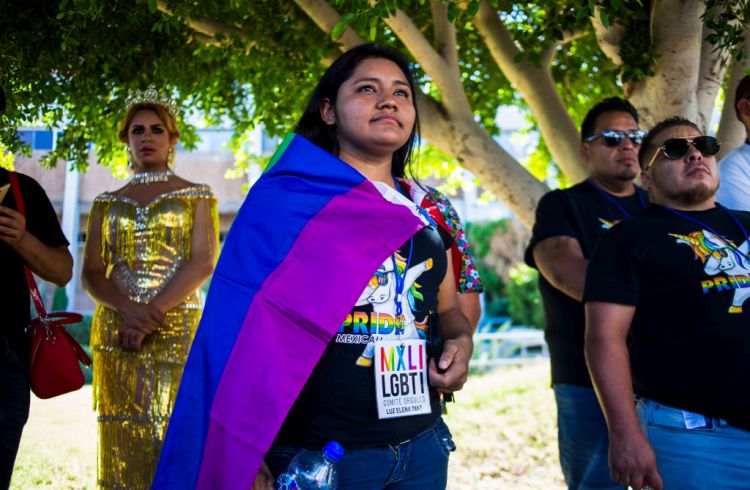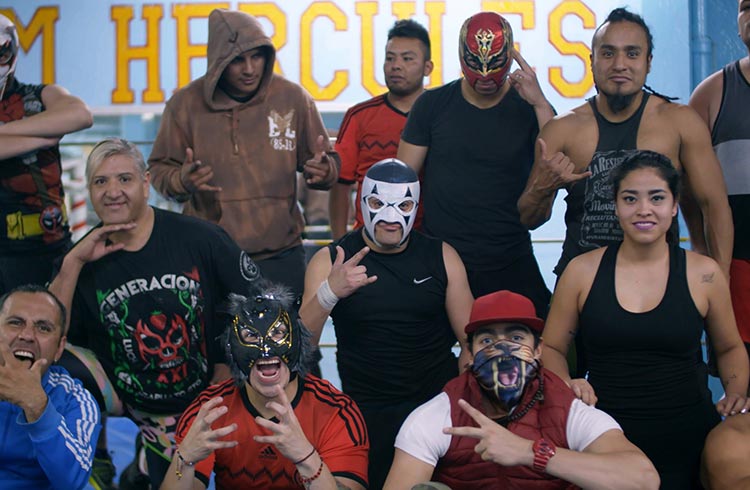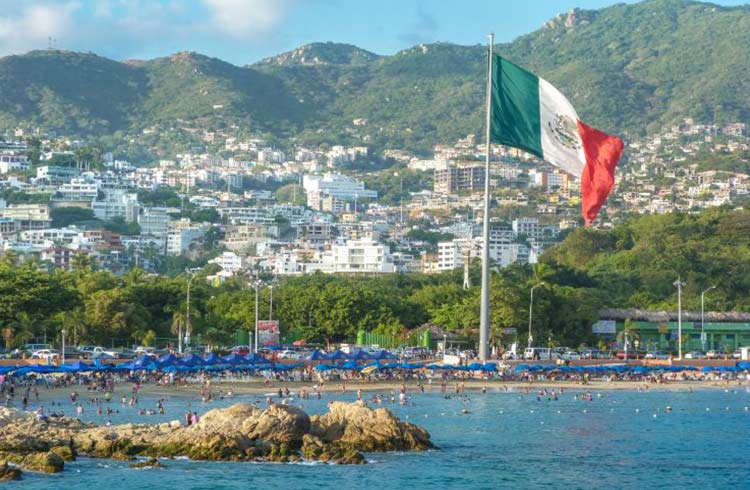Is Mexico a Safe Place for LGBTQ+ Travelers to Visit?
Is Mexico LGBTQ+-friendly? In a culture where the machismo male stereotype rules, it's surprising to find that same-sex marriage is legal in the capital. But how open can you be, and can you stay safe?
 Photo © GettyImages/VIEWpress-Contributor
Photo © GettyImages/VIEWpress-Contributor
Mexico offers a wide range of experiences for LGBTQ+ travelers, including cosmopolitan cities, beautiful gay-popular beaches, culturally rich towns and endless historic sites to explore. Queer visitors should expect a warm welcome throughout the country, but it’s important to note that the experience for locals may be different.
- LGBTQ+ laws
- LGBTQ+ locals
- LGBTQ+ visitors
- LGBTQ+-friendly areas to visit
- Mexico's third gender: Muxe
The LGBTQ+ legal status in Mexico
Though laws favor LGBTQ+ people, there are still significant obstacles. Homosexuality was decriminalized in 1871, 132 years before the USA. Same-sex marriage is allowed in Mexico City and 12 states (and recognized nationwide). Transgender persons can change their legal gender and name in Mexico City and two states.
Is Mexico safe for LGBTQ+ locals?
The country is strongly Catholic; even gay people are often faith-driven; and family still plays a central role in the lives of LGBTQ+ Mexicans, who must often express their sexuality discreetly. The culture is stronger than the printed law, and each Mexican state can override national decriminalization laws by finding “adjacent“ excuses — like public decency laws — for making an arrest in rare situations. Interestingly, tolerance for homosexuality and non-binary gender identity is higher among indigenous Mexicans, especially among Isthmus Zapotecs, who recognize a distinct and respected third gender - muxe - and Yucatán Mayas.
Is Mexico safe for LGBTQ+ travelers?
Basic displays of same-sex affection, like kissing and handholding in public (except for in or around a gay bar in, say, Mexico City), are invitations for scrutiny and potential backlash, which wouldn’t be much different from a small, conservative, rural town anywhere in the world. Gay-popular Puerto Vallarta has a defined gay area and beach. But, a five-minute walk in either direction and the rules change completely. Visitors are encouraged to exercise common sense and respect local culture. Visitors enjoy “tourist privilege” with little likelihood of harm, but it’s important to exercise discretion with locals you meet so you don’t inadvertently put them in harm’s way.
LGBTQ+-friendly areas to visit in Mexico
The legalization of gay marriage has reinvigorated LGBTQ+ culture in Mexico City and the place is rich with art, culinary experiences, historical sites, parks, great people watching and a super fun gay area called Zona Rosa packed with queer people, LGBTQ+-popular restaurants and gay bars. Note that many feminine-presenting women may be male prostitutes. The ‘good vibe guys' (or ‘chavos buena onda') solicit along stretches of Paseo de la Reforma, just on the periphery of the 'Pink Zone'.
The area was reputedly named the Pink Zone by Mexican artist José Luis Cuevas in the 1970s when he claimed the district was "too timid to be called red, too frivolous to be white." Now, a seen-it-all vibe prevails.
Mexico City Pride, scheduled for June 26-July 1, 2024, is an especially fun time to visit.
Puerto Vallarta is Mexico's LGBTQ+ capital. As well as hosting an annual LGBTQ+ parade, there are plenty of hotels, tours, cruises, and venues (from sleek martini bars to gritty strip clubs and drag shows) that all aim to take a slice of the lucrative, upwardly mobile LGBTQ+ market. In many bars, you'll come across Purple Hand, the only beer (produced by a small Mexican brewery called Minerva) marketed at the LGBTQ+ community.
Many other places such as Cancún, Acapulco and Playa del Carmen have queer bars and significant LGBTQ+ populations, which you can look up online. You can connect with other queer people using dating apps but always practice discretion (meet in a public place) for your safety and theirs.
Mexico's third gender: muxe
Southeast of Oaxaca, the lowland Isthmus of
Then there are the
Just five hours from Oaxaca city, the town of Juchitán is a ‘queer paradise' where gender stereotypes are obliterated at every turn. You'll see priests offering communion to women dressing like men and taking male lovers but still occupying traditional female roles.
Occasionally muxes will take on more ‘manly' career paths; one notable
Related articles
Simple and flexible travel insurance
You can buy at home or while traveling, and claim online from anywhere in the world. With 150+ adventure activities covered and 24/7 emergency assistance.
Get a quote


No Comments